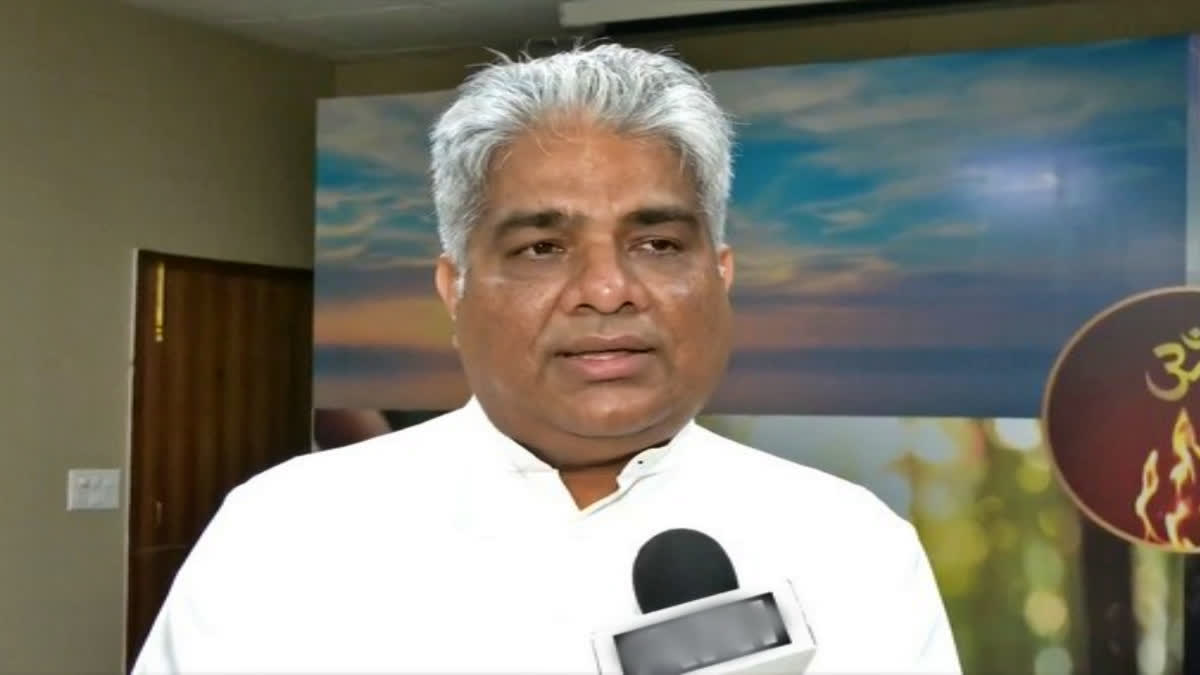New Delhi:Parliament on Thursday passed a bill that seeks to decriminalise minor offences related to water pollution, and exempt certain categories of industrial plants from statutory restrictions. Responding to the debate on the Water (Prevention and Control of Pollution) Amendment Bill, 2024 in the Lok Sabha, Union Environment Minister Bhupender Yadav said the provisions will lead to greater transparency in dealing with various issues related to water pollution.
The bill, which seeks to amend the Water (Prevention and Control of Pollution) Act, 1974, was approved by the Rajya Sabha on Tuesday. Yadav dismissed concerns raised by several members that the provisions of the bill was an attempt to weaken environment protection laws or undermine the federal structure.
He said the 1974 law had stringent provisions, including jail term, for minor offenses such as failure to declare information on extraction by industrial units in official forms. According to the statement of objects and reasons of the bill, the amendment proposes to rationalise criminal provisions and ensure that citizens, businesses and companies operate without fear of imprisonment for minor, technical or procedural defaults. Also, the nature of penal consequence of an offence must be commensurate with the seriousness of offence, it added.
According to the bill, the central government will be empowered to exempt certain categories of industrial plants from the application of Section 25 relating to restriction on new outlets and new discharges. "This will reduce the duplication of surveillance and unnecessary burden on regulatory agencies," Yadav said. According to the 1974 law, prior consent of the State Pollution Control Board was required for establishing any industry or treatment plant, which is likely to discharge sewage into a water body, sewer, or land.
The amendment Bill specifies that the central government, in consultation with the Central Pollution Control Board (CPCB), may exempt certain categories of industrial plants from obtaining such consent. It also has provisions for the central government to issue guidelines for the grant, refusal, or cancellation of consent granted by the SPCB.
